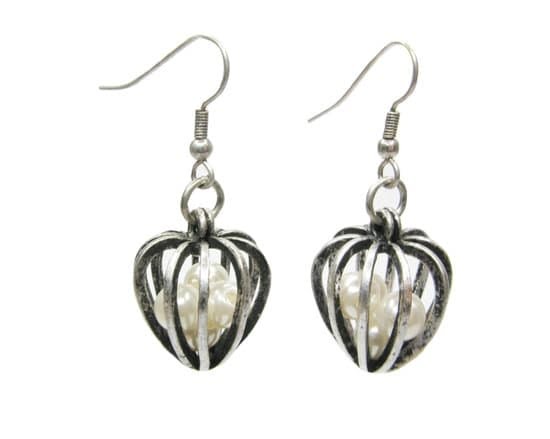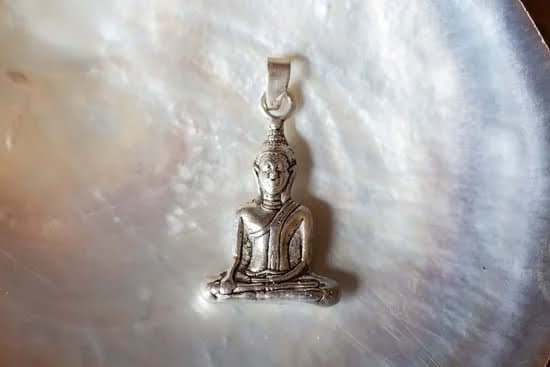Where Is Lali Jewelry Made
?
Lali Jewelry is made in the United States. We are a small, family-owned business, and we take pride in our products and in our craftsmanship. We use only the finest materials, and we take care to ensure that every piece we create is of the highest quality.
Our jewelry is made from sterling silver, gold, and gemstones. We use a variety of techniques to create our pieces, including metal stamping, wire wrapping, and beading. We also offer a range of customization options, so you can create a piece that is uniquely yours.
We believe that jewelry should be both beautiful and meaningful. That’s why we design our pieces with both style and symbolism in mind. Each piece of Lali Jewelry tells a story, and we hope that it will bring you happiness and joy for years to come.
What Is The Profit Margin On Jewelry
?
The profit margin on jewelry is typically around 50%, but it can vary depending on the type of jewelry and the materials used. For example, gold jewelry has a higher profit margin than silver jewelry, because the cost of gold is higher than the cost of silver. Diamonds also have a higher profit margin than other gemstones, because they are rare and expensive.
Will Tiffany Buy Back Their Jewelry
?
In short, Tiffany & Co. has not announced any plans to buy back its jewelry.
The rumor mill has been churning with talk that Tiffany & Co. may buy back its own jewelry, but the company has not announced any such plans. There are a few reasons why Tiffany might want to buy back its own jewelry. For one, it could help to boost the brand’s image and strengthen customer loyalty. Additionally, Tiffany could use the buyback program to get rid of excess inventory or to reward its most loyal customers.
However, there are also some potential downsides to a buyback program. For one, it could be expensive for Tiffany & Co. to buy back its own jewelry. Additionally, it could be difficult to coordinate a buyback program on a large scale.
Ultimately, Tiffany has not announced any plans to buy back its jewelry, so it’s unclear whether or not such a program would be beneficial for the company.
Do You Have To Declare Personal Jewelry At Customs
?
When traveling, you may be wondering if you have to declare your personal jewelry at customs. The answer to this question is it depends on the country you are traveling to and the type of jewelry you are bringing with you.
Generally, you do not have to declare your personal jewelry at customs. However, there are a few exceptions to this rule. If you are traveling to a country that has strict customs regulations, you may be required to declare any valuable jewelry you are bringing with you. Additionally, if you are traveling with a large amount of jewelry, you may be asked to provide documentation proving that the jewelry belongs to you.
If you are unsure whether or not you have to declare your personal jewelry at customs, it is best to contact the customs department of the country you are traveling to. By doing so, you can avoid any potential problems and ensure that you are traveling with your jewelry in compliance with the country’s customs regulations.
Where Is Gorjana Jewelry Made
?
Gorjana jewelry is handmade in Bali, Indonesia by a team of skilled artisans. The jewelry is crafted using a variety of techniques, including metal stamping, wire wrapping, and beading.
The artisans who make Gorjana jewelry are highly skilled and experienced in their craft. They take pride in their work and are passionate about creating beautiful pieces that people will love to wear.
The Gorjana team travels to Bali several times a year to meet with the artisans and oversee the production of their jewelry. They ensure that the quality of the jewelry is up to their high standards, and that the artisans are being treated fairly and are paid a fair wage.
By manufacturing their jewelry in Bali, Gorjana is able to support the local economy and help to preserve the traditional craft of jewelry making in Indonesia.

Welcome to my jewelry blog! My name is Sarah and I am the owner of this blog.
I love making jewelry and sharing my creations with others.
So whether you’re someone who loves wearing jewelry yourself or simply enjoys learning about it, be sure to check out my blog for insightful posts on everything related to this exciting topic!





